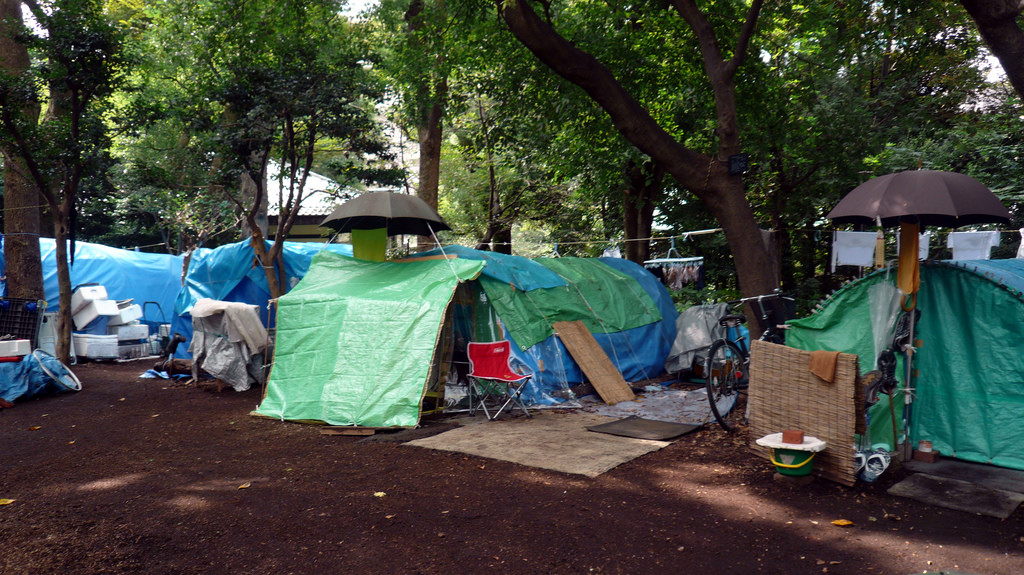Spring is coming in Sacramento, which means state politicians are emerging from their winter slumber with a first round of the new proposed legislation. Here’s a look at some of the bills sculpted with California’s tired, hungry and poor in mind.
Deported parents, in-state university tuition
Introduced: January 29
Imagine a young Californian preparing for college whose parents have been deported. For students who have moved abroad as a result of their parents’ deportation, Senate Bill 141, written by Sen. Lou Correa of Santa Ana, would allow them to apply for state financial aid.
Foster care, no cigarettes
Introduced: February 13
If passed, Assembly Bill 352 would make it so any child in foster care is guaranteed a smoke-free living situation.
Minimum-wage bump
Introduced: December 3, 2012
If passed, Luis Alejo’s Assembly Bill 10 would increase the minimum wage incrementally over the next three years to $8.25 per hour in 2014, $8.75 in 2015 and $9.25 in 2016.
All-ages food stamps
Introduced: February 12
In an effort to ensure that unaccompanied homeless children and youths can receive food-stamp benefits, CalFresh, Holly Mitchell’s Assembly Bill 309 would affirm that there is no minimum age limit for those who wish to apply for the program.
Terrorism and civil liberties
Introduced: February 13
Assemblyman Tim Donnelly is taking the federal government head-on with Assembly Bill 351, or the California Liberty Preservation Act. This bill would reaffirm habeas corpus rights to California residents and fine or jail U.S. agents who happen to deny these rights to state citizens in the name of fighting terrorism.
Immigration reform
Introduced: December 3, 2012
Here we go again: San Francisco Assemblyman Tom Ammiano is looking, for the third time, to limit state law enforcement’s assistance in U.S. Immigrations and Custom Enforcement deportations to only illegal residents convicted of “serious” or “violent” felonies, which is what Assembly Bill 4 would accomplish.
No sugar for you
Introduced: January 28
Almost a quarter of California’s population suffers from obesity, and CalFresh recipients are more likely to be obese than residents not in the program. This legislation, Senate Bill 134 by Michael J. Rubio, would remove any “sweetened beverages containing more than 10 calories per cup” from the list of drinks eligible for purchase through CalFresh.
Food stamps for drug offenders
Introduced: February 14
Under current state law, residents who would otherwise qualify for CalWORKs and CalFresh could not take part in either program if they have been convicted of a felony that includes the “possession, use, or distribution of a controlled substance” after December 31, 1997. Berkeley state Sen. Loni Hancock’s Senate Bill 283 would grant them eligibility.
Homeless bill of rights
Introduced: December 3, 2012
The proposed Homeless Person’s Bill of Rights and Fairness Act, or Assembly Bill 5, has caught a lot of negative press around the state, with many residents concerned that it might afford special rights to California’s homeless. The bill’s author, Ammiano, has been at work editing it to both meet those concerns and ensure that the bill’s core statement remains intact.
Homeless-youth education rights
Introduced: February 6
Introduced by Glendale’s Sen. Carol Liu, Senate Bill 177 would, among other things, affirm the education rights of California’s homeless children and ensure that they are allowed to participate in interscholastic sports, even if they don’t meet school-residency requirements.
More CalWORKs money
Introduced: February 7
CalWORKs is currently set up so that if a child is conceived while a family already receives CalWORKs assistance, this additional family member will not increase the maximum amount of money eligible for the family. Assembly Bill 271 by Holly Mitchell would overturn that provision.
Helping homeless youth
Introduced: February 13
California is severely lacking in services to homeless youth. Mark Stone’s Assembly Bill 346 intends to expand the definition of “community-care facilities” to include emergency youth-shelter facilities, thus requiring the state to provide services geared specifically toward the state’s homeless youth.
Food-stamp help
Introduced: January 28
Assemblyman Raul Bocanegra is looking to increase CalFresh eligibility for state residents by waiving the “gross income test” for people over the age of 18 in households eligible for Medi-Cal in Asssembly Bill 191.
